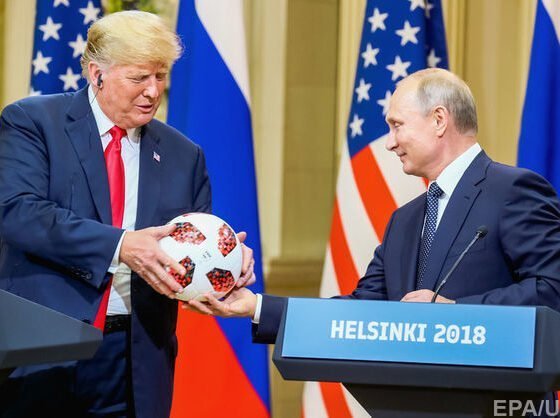(Ethnopolitics) (Co-authored with Shota Kakabadze) The article seeks to analyze discourses of two Orthodox Churches—Georgian (GOC) and Russian (ROC)—from the vantage point of their various interconnections with Europe and the ensuing representations of Europe framed in religious terms. Of particular salience are relations between ROC and GOC, on the one hand, and the Roman Catholic Church, on the other, as well as the positioning of both ROC and GOC within the global community of Orthodox Churches. The analyzed political circumstances force religious hierarchs of both institutions, even if they share the similar ambivalence toward the West, to differently reproduce the image of Europe. The broader geopolitical picture puts the GOC in the position of supporting government’s foreign policy agenda which goes in opposition to the Kremlin, in spite of the fact that the former has a lot of common with the Moscow Patriarchate when it comes to criticism toward the Western liberal value systems.











